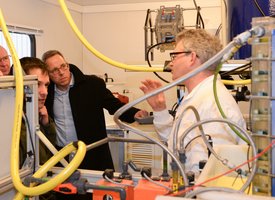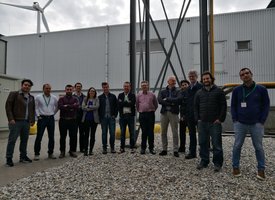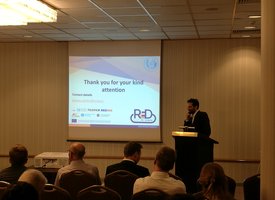Final project results

The project has shown that the RED Heat Engine has the potential to achieve high efficiency and low cost for converting low-grade-heat to electricity. A roadmap has been developed with ...









